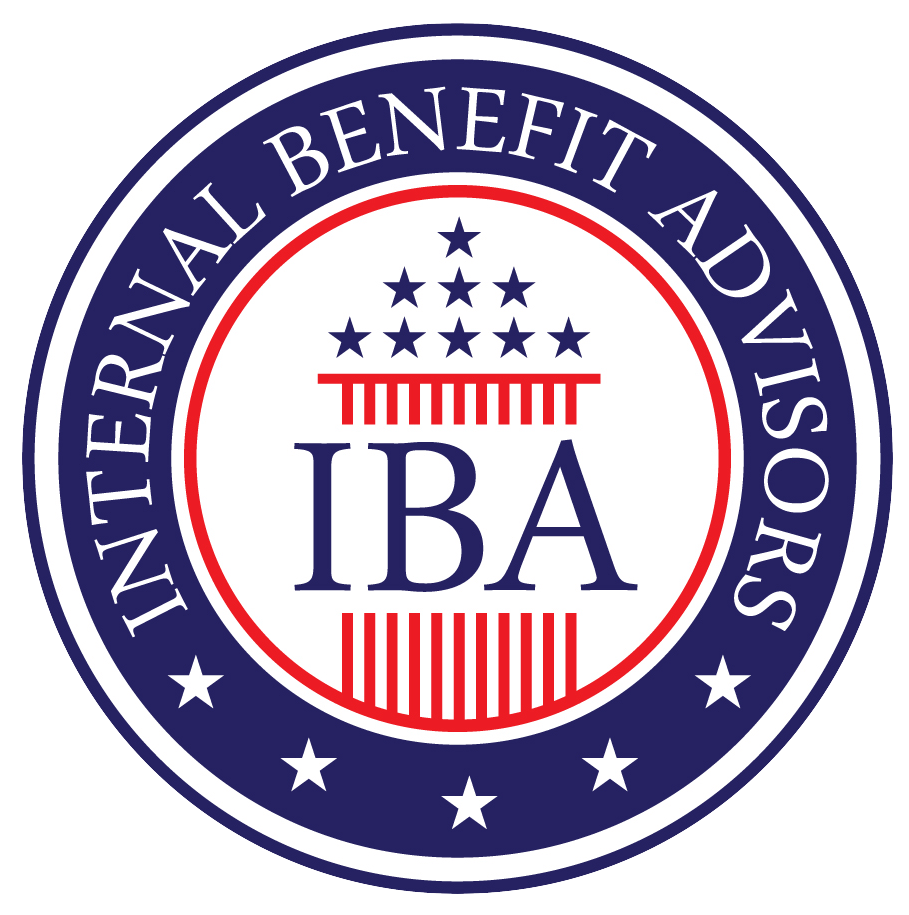Your Federal Employees Health Benefits (FEHB) premiums may be higher than they should be, and a new government watchdog report explains why. The Government Accountability Office (GAO) has issued a stark warning that the FEHB program—the largest employer-sponsored health plan in the world, covering over 8 million people—is highly vulnerable to fraud, costing taxpayers and enrollees billions of dollars. The report calls for stronger efforts from the Office of Personnel Management (OPM) to combat a problem that directly impacts your wallet.
The scale of the problem is enormous. The FEHB program, with a price tag of roughly $70 billion in fiscal year 2024, is a prime target for fraudulent activity. The GAO has previously estimated that covering ineligible family members alone costs the program up to $1 billion annually. These are not victimless crimes; these losses are passed directly on to you and the government through higher premiums and out-of-pocket costs. This issue is part of a much larger national crisis, with the National Health Care Anti-Fraud Association estimating that overall healthcare fraud in the U.S. costs the nation “tens of billions of dollars each year.”
More Than Just Ineligible Dependents
While much of the focus has been on ineligible dependents, the new GAO report reveals a much broader and more systemic problem. The FEHB is vulnerable to at least ten other forms of fraud, including:
- Kickbacks and bribes to physicians for using specific products or services.
- False claims from healthcare providers.
- Physician self-referrals where doctors send patients to entities in which they have a financial interest.
- Sharing of benefit cards, leading to services for ineligible individuals.
Disturbingly, the GAO found that OPM’s “fraud risk profile” only addresses one of these threats: false claims from providers. This lack of a comprehensive anti-fraud strategy leaves the system—and your premiums—exposed.
Take Control of Your Health Benefits and Financial Future
While the GAO’s recommendations push for systemic change at OPM, the report serves as a critical reminder for every federal employee: you must be a vigilant and educated consumer of your own benefits. Understanding your FEHB plan and how it fits into your overall financial picture is more important than ever. Mismanagement and fraud at the program level can directly erode your hard-earned compensation.
This is where expert, personalized guidance becomes essential. Internal Benefit Advisors specializes in educating federal and state employees on the complexities of their benefits. Their services are designed to empower you to take control and make the most of your compensation package, even when systemic issues exist.
Here’s how they can help you build a strong financial foundation:
- Comprehensive Benefits Review: They can provide a thorough analysis of your FEHB plan in the context of your overall financial situation, ensuring you’ve selected the most cost-effective and appropriate coverage for your needs.
- Retirement Planning Integration: Your health benefits are a critical component of a secure retirement. They can help you understand how your FEHB coverage works in conjunction with Medicare and factor those costs into a resilient retirement plan.
- Financial Education and Empowerment: They provide the knowledge you need to be a savvy consumer of your federal benefits, helping you understand your choices and make informed decisions that protect your financial well-being.
The integrity of the FEHB program has a direct impact on your bottom line. As OPM works to address these critical fraud vulnerabilities, take the proactive step to secure your own financial health.
Contact Internal Benefit Advisors today for a consultation. Get the clarity and confidence you need to navigate your federal benefits and build a secure financial future you can count on.
References:
- FEDweek. “GAO Calls for Stronger Efforts against Fraud in FEHB Program.”
- U.S. Government Accountability Office. (2025, July). FEDERAL EMPLOYEES HEALTH BENEFITS PROGRAM: OPM Should Take Timely Action to Mitigate Persistent Fraud Risks (GAO-25-106885).
- National Health Care Anti-Fraud Association. “The Challenge of Health Care Fraud.”
- Internal Benefit Advisors. Retrieved from https://internalbenefitadvisors.com




